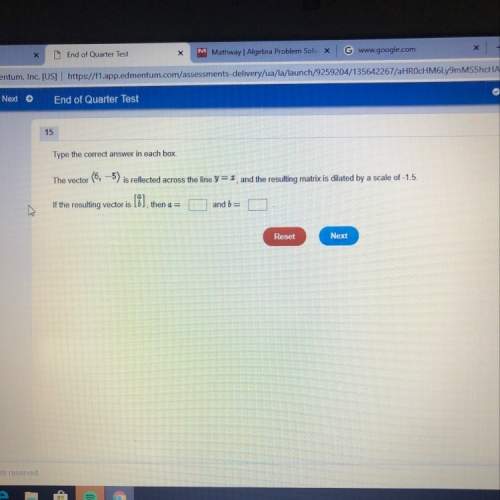
Mathematics, 19.07.2021 16:40, sarai47
There are 36 numbered cards (2, 3, 4, 5, 6, 7, 8, 9, 10) and 16 non-numbered cards in a standard deck of 52 cards. From a well-shuffled deck you are dealt 2 cards without replacement.
1. Find the probability the second card is a number given that the first card is also a number.
2. Find the probability the second card is a number given that the first card is NOT a number.
3. Find the probability that the second card is a number.

Answers: 1
Other questions on the subject: Mathematics

Mathematics, 20.06.2019 18:04, brittanyfox411
Perform the indicated operation. 8/a - 6/a + 7/a
Answers: 1


Mathematics, 21.06.2019 20:00, oopsorry
James is playing his favorite game at the arcade. after playing the game 3 times, he has 8 tokens remaining. he initially had 20 tokens, and the game costs the same number of tokens each time. the number t of tokens james has is a function of g, the number of games he plays. write the function’s formula? t=
Answers: 1

Mathematics, 21.06.2019 20:30, aaronw3743
Wrote and expression for the difference of p and 4
Answers: 1
Do you know the correct answer?
There are 36 numbered cards (2, 3, 4, 5, 6, 7, 8, 9, 10) and 16 non-numbered cards in a standard dec...
Questions in other subjects:

Mathematics, 21.02.2020 01:56

Mathematics, 21.02.2020 01:56



Biology, 21.02.2020 01:56

Mathematics, 21.02.2020 01:56

Mathematics, 21.02.2020 01:56

Mathematics, 21.02.2020 01:56









